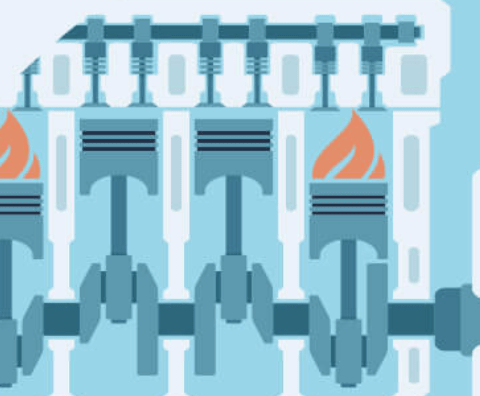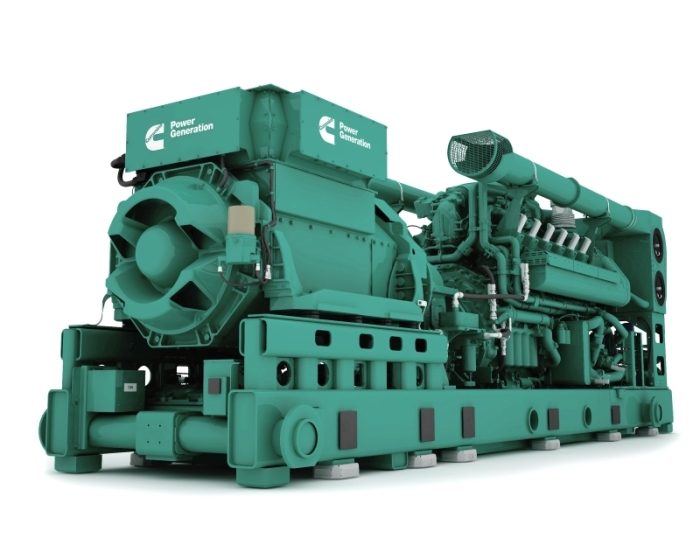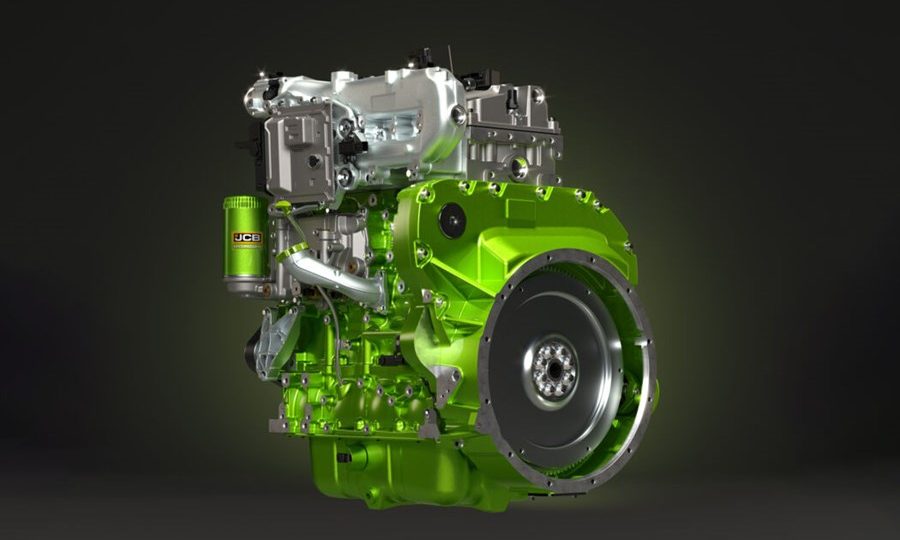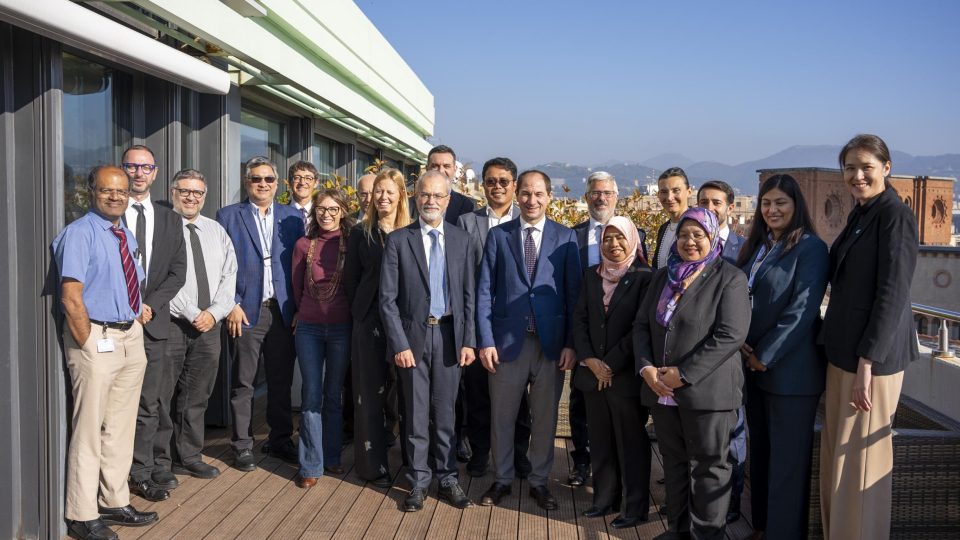Diesel Technology Forum: experts say there’s a future for ICE in a reduced carbon world
According to the panelists who participated in the Diesel Technology Forum’s webinar last week, there’s a future for internal combustion engines (ICEs) and fuels even as the world works to decarbonize.

According to the panelists who participated in the Diesel Technology Forum ’s webinar last week, there’s a future for internal combustion engines (ICEs) and fuels even as the world works to decarbonize. The speakers discussed efforts to further improve the engines and lower their carbon footprints.
“We are in a world in transition in terms of energy. We are reliant, heavily, on fossil fuel energy but also trying to make a move towards using more renewable energy. Both in the kind of energy that powers are homes and our vehicles, machines, and equipment,” said Diesel Technology Forum Executive Director, Allen Schaeffer. “The internal combustion engine is seated squarely between these two worlds.” He noted that diesel, gasoline, and natural gas are currently used in ICEs to power nearly all of our world’s vehicles as well as the global economy.
The panelists discussed fuels internal combustion engines may run on, including those currently running on petroleum diesel fuel.
Matt Leuck, Neste’s Technical Manager of Renewable Road Transportation, explained how existing diesel engines can run on a low emissions fuel called renewable diesel. He said some already are, in various parts of the country. “Basically, renewable diesel is a drop-in replacement for hydrocarbon diesel. There really are no issues running it in these new engines. It literally is diesel from a different source,” said Leuck.
“The low and zero carbon liquid fuels are going to be important,” said Stanadyne CEO John Pinson. “We should really consider ICE as part of the solution.”
Adam Schubert, a Senior Associate with Stillwater Associates, spoke about how the need for various fuels impacts fuel suppliers now and in the future. “Fuel suppliers will need to supply all of the vehicles, legacy and new, for as long as they’re on the road,” he said.
Other power sources were discussed including e-fuels, gaseous fuels, and electricity.
“The carbon reducing power of making rapid, incremental, progress through fuels and through engine innovation will bring us tremendous benefits. And we should do that while also working on the others,” said Pinson.
“The three major motivating technologies that are out there – liquid fuel, fuel cells, and batteries – they all have their own weakness when it comes to infrastructure. Where are you going to get the feedstocks? Or how are you going to equip the nation to plug in their cars? Or where are we going to get our hydrogen from. There’s not one of those technologies that can be favored. They’re all equally difficult,” said Tenneco’s Troy Kantola, a Product Director and Plant Manager.
Kelly Senecal, the Co-founder of Convergent Science and a Visiting Professor at the University of Oxford, said, “We need a diverse portfolio of solutions, and in order to allow us to get there, we need technology neutral regulations. Engineering, not politics, should drive future transportation policy.”
Those opinions were echoed by many of the panelists who recognized the numerous uses of internal combustion engines in transportation, emergency response, shipping, rail, mining and more.
“A single solution, it’s not going to win,” said Cummins’ Executive Director Cathy Choi. “We need to be technology neutral, yet performance based.”
Panelists spoke about their beliefs that technology neutral, outcome based, solutions and performance standards should guide policy rather than specified outcomes. “We need technology neutral incentives as well,” added Choi.
Panelists stressed that additional standardization of how various decarbonization efforts are measured, would be helpful. A number explained Life Cycle Analysis and how that’s much different than simply considering tailpipe emissions.
Other ways to help with decarbonization were noted. John Pinson urged industry to, “Design for remanufacturing or sustainability of the overall engine.”
The panelists shared their beliefs that we should continue to take actions now to decarbonize with internal combustion engine improvements and various fuels, while working toward the distant future.
“We need to make sure that with the urgency we have on global warming, that we take every option to decarbonize,” said John Deere Power Systems’ Senior Vice President Pierre Guyot.
Kelly Senecal reminded the virtual audience, “The journey is as important as the destination.”









